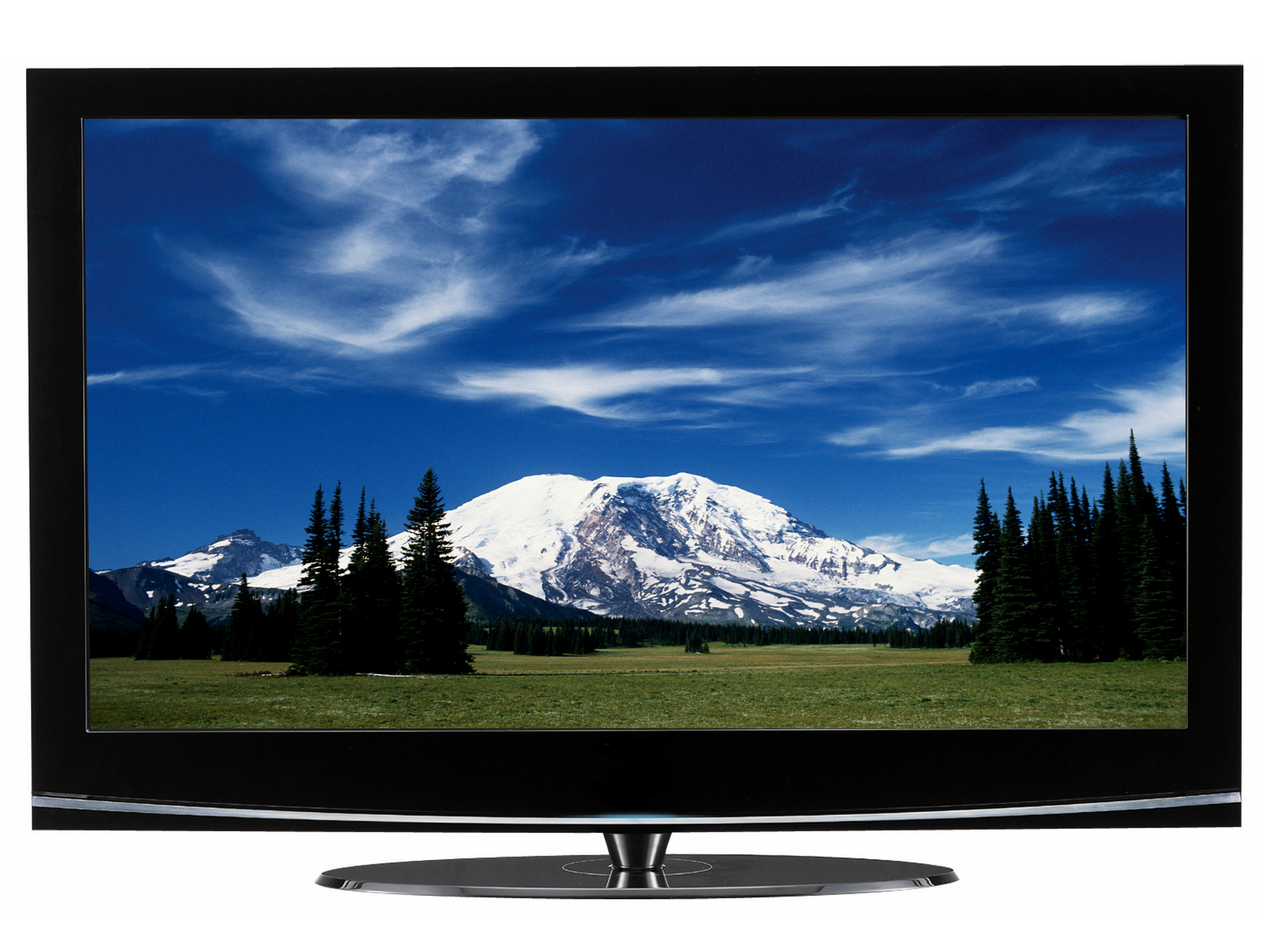Power saving efforts thwarted by new gadgets
Energy efficiency threatened by power-hungry devices

Sign up for breaking news, reviews, opinion, top tech deals, and more.
You are now subscribed
Your newsletter sign-up was successful
Modern day power-hungry gadgets are thwarting our efforts to save energy in our homes. A new report says that our efforts to become more energy efficient are being cancelled out by our appetite for electricity-guzzling hi-tech appliances.
That's because modern devices are consuming more power than older technology. The purchase of new digital devices is also pushing our home energy usage back up to old levels.
The Energy Saving Trust (EST) says that by 2020, household gadgets will account for 45 per cent of all electricity used in British homes.
"Your old-fashioned, bulky cathode ray tube TV on average consumed about 100 watts of electricity when it was switched on," Dr Paula Owen, author of the report, explained.
Gadgets guzzle power
"What we are seeing now is a trend for much bigger flat-screened TVs. On average, we are seeing a three-fold increase in the energy needed to power these TVs.
"In pretty much every other sector, we find that as the technology moves on, the products get more and more efficient. Consumer electronics does not work like that."
Flatscreen televisions and DAB digital radios are two of the worst offenders. Both new technologies use vastly more power than their older, analogue predecessors.
Sign up for breaking news, reviews, opinion, top tech deals, and more.
The EST report called for the UK government and electronics manufacturers to make more of an effort to promote energy efficient devices.
"The simple message to people is switch things off when you have finished using them," said Dr Owen.
A good example of how modern technologies consume more power than ones that came before can be found in Sony's PlayStation console range. The PlayStation 2 slim version consumes 23 watts when playing games. The PlayStation 3 on the other hand gobbles up around 187 watts.

James was part of the TechRadar editorial team for eight years up until 2015 and now works in a senior position for TR's parent company Future. An experienced Content Director with a demonstrated history of working in the media production industry. Skilled in Search Engine Optimization (SEO), E-commerce Optimization, Journalism, Digital Marketing, and Social Media. James can do it all.